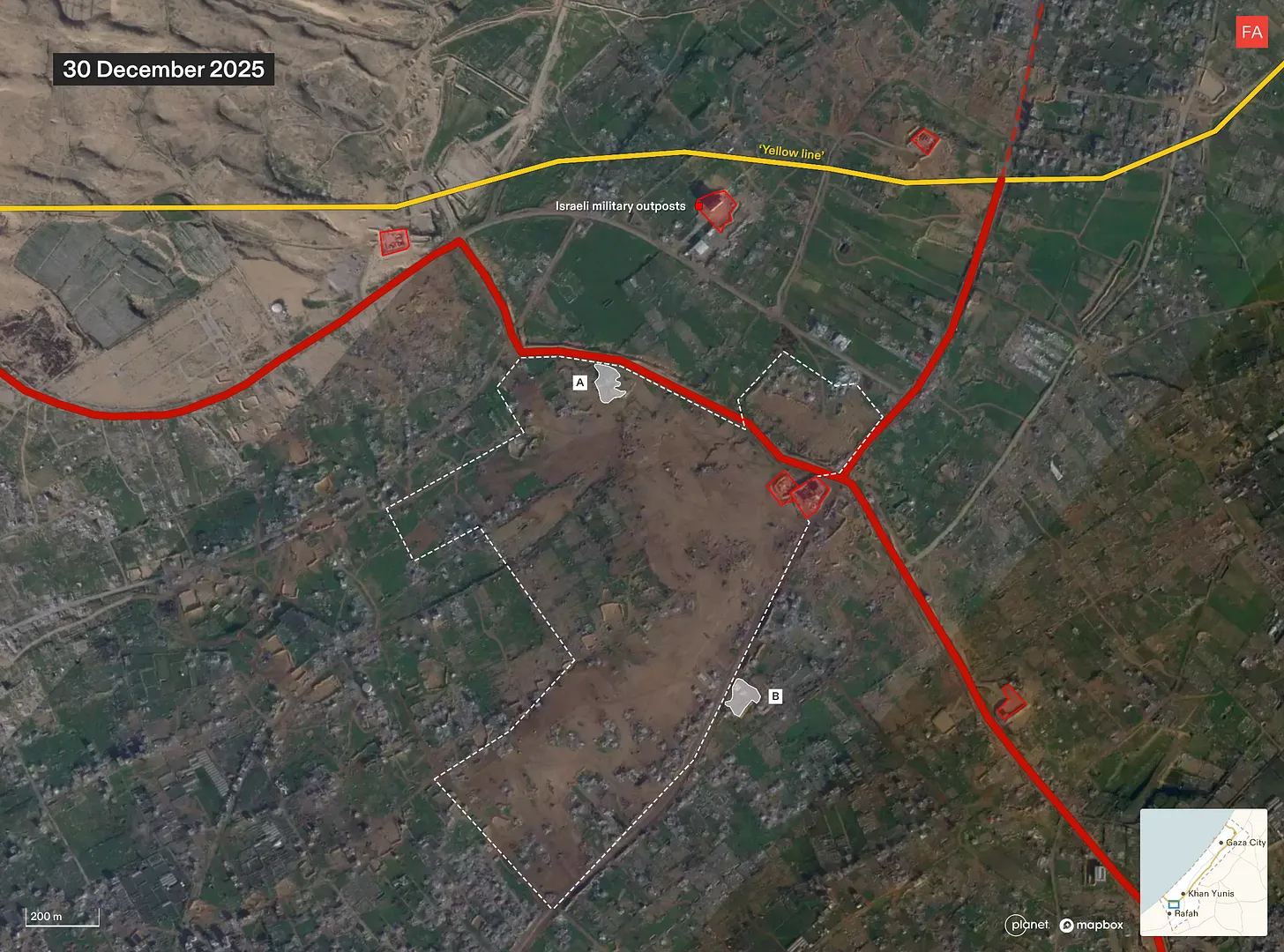 Japan acknowledged Tuesday that it was unprepared for a severe nuclear accident like the tsunami-generated Fukushima disaster and said damage to the reactors and radiation leakage were worse than it previously thought.
Japan acknowledged Tuesday that it was unprepared for a severe nuclear accident like the tsunami-generated Fukushima disaster and said damage to the reactors and radiation leakage were worse than it previously thought.
In a report being submitted to the United Nations' nuclear watchdog agency, the government also acknowledged reactor design inadequacies and a need for greater independence for the country's nuclear regulators.
The report says the nuclear fuel in three reactors probably melted through the inner containment vessels, not just the core, after the March 11 earthquake, and the tsunami knocked out the Fukushima Daiichi nuclear plant's power and cooling systems. Fuel in the Unit 1 reactor started melting hours earlier than previously estimated.
The 750-page report, compiled by Japan's nuclear emergency task force, factors in a preliminary evaluation by a team from the International Atomic Energy Agency and was to be submitted to the IAEA as requested.
"In light of the lessons learned from the accident, Japan has recognized that a fundamental revision of its nuclear safety preparedness and response is inevitable," the report says. It also recommends a national debate on nuclear power.
The report says the "inadequate" basic reactor design — the Mark-1 model developed by General Electric — included the venting system for the containment vessels and the location of spent fuel cooling pools high in the buildings, which resulted in leaks of radioactive water that hampered repair work.





 President Trump said Wednesday that he’s reached the framework of a deal with NATO on the...
President Trump said Wednesday that he’s reached the framework of a deal with NATO on the... US President Donald Trump told reporters at the World Economic Forum in Davos, Switzerland, that Russian...
US President Donald Trump told reporters at the World Economic Forum in Davos, Switzerland, that Russian... Israel is razing a strategic area of Rafah in southern Gaza, compacting the ground, and clearing...
Israel is razing a strategic area of Rafah in southern Gaza, compacting the ground, and clearing...






























